
Improving water efficiency for farmers with IoT and generative AI
Generative AI and IoT are transforming water efficiency in farming, helping farmers save resources, cut costs, and grow better crops despite climate-driven drought conditions.

Generative AI and IoT are transforming water efficiency in farming, helping farmers save resources, cut costs, and grow better crops despite climate-driven drought conditions.
Jim Hietala of The Open Group explains how AI, paired with data standardisation, enables accurate emissions tracking—vital for organisations striving toward a net-zero future.

AI transforms education, offering personalised learning. Yet, misuse threatens integrity. Educators must foster AI literacy, design resilient assignments, and prioritise ethical usage.

Teachers face a unique challenge: mastering AI to teach it. Ethical considerations, data concerns, and personal apprehensions complicate integrating this powerful tool into education.

Ash Gawthorp, Chief Academy Officer at Ten10, explores how AI is transforming education—bridging learning gaps, fostering inclusivity, and aligning skills with industry needs for a future-ready workforce.

Lauren Birch, Talent and Skills Lead at Turing Innovation Catalyst Manchester, explores AI’s role beyond tech. Discover how AI skills drive innovation across industries.

Chris Black, CMO of Vizrt, explores AI’s dual role in live production—boosting efficiency while posing disinformation risks—and highlights solutions like C2PA for content authenticity.

Discover how businesses can mitigate AI’s environmental impact through energy-efficient models, sustainable data centres, circular economy strategies, and AI-driven sustainability solutions.

EcoOnline’s David Picton on how businesses can successfully negotiate the trade-offs between the promises of AI and their progress towards net zero.
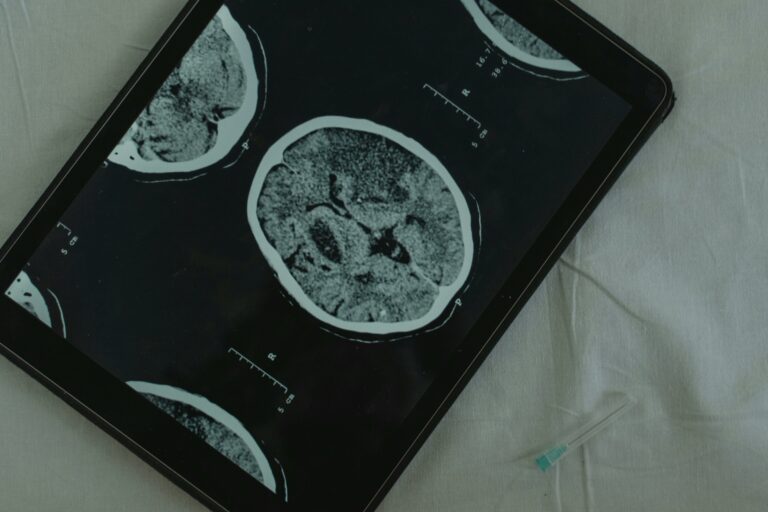
Sapio Sciences CEO predicts key advancements in diagnostics, mental health, and physician support

Explore the cultural shift in tech brand experiences, focusing on how innovation shapes society, influences marketing, and emphasises ethical practices, trust, and cultural awareness for success.

AI’s exponential growth fuels soaring data center demand, straining power grids and ecosystems. Sustainable infrastructure and circular economy solutions can mitigate AI’s environmental impact while benefiting local communities.

Seizo Onoe of International Telecommunication Union explores how AI-powered agriculture can boost food security, optimise farming, and support sustainability—helping to feed a growing global population.
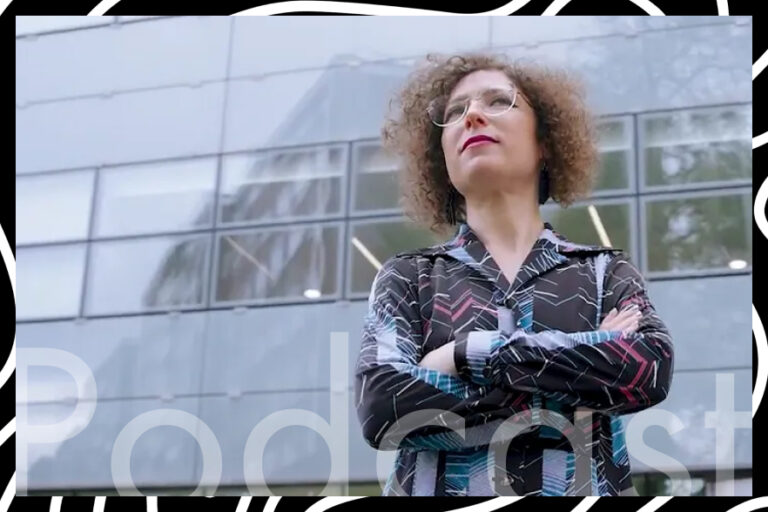
Dr Elinor Carmi, co-director of a new MSc in Data, Policy & Social Justice at City St George’s, University of London, on educating critical thinkers as policymakers of the future.

Alicia Staley, Chief Patient Officer at Medidata, highlights the need for diversity in clinical trials, exploring how AI and patient-centred technology improve accessibility and inclusivity.

Antony Paul, Global Product Head at Quadient, explores how effective communication and automation can help councils build trust and successfully implement smart city initiatives.

With rising data center demands, balancing energy efficiency and performance is crucial. AI offers a transformative solution, revolutionising how we optimise resources.

Dmitry Borodin, Head of Decision Analytics at Creditinfo, explores how AI and alternative data are transforming financial inclusion, helping underserved groups access credit and economic opportunities.

AI is revolutionising disaster response, from predictive analytics preventing crises to real-time data aiding relief efforts. Ethical AI solutions empower nonprofits, ensuring technology serves global humanitarian needs.

AI has the power to transform education, easing teachers’ workloads while enhancing learning. But trust, transparency, and public confidence are key to its success.

As AI reshapes industries, its impact on mental health is profound. While it disrupts jobs, it also fosters new opportunities. Human creativity remains irreplaceable.
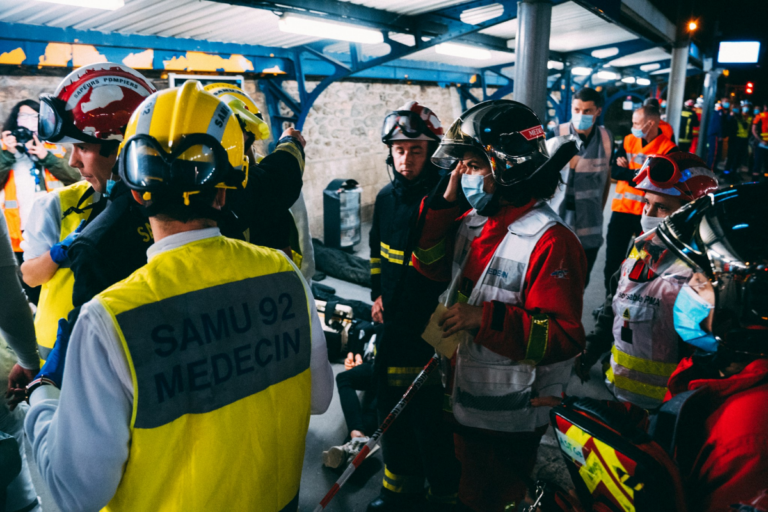
Robust data management is crucial for disaster response. Accurate, real-time data enables swift decisions, preventing misallocated resources and delays that could cost lives.

AI can generate technically perfect images, but it lacks the human intuition, empathy, and connection that capture true emotion. Photography’s power lies in storytelling, not algorithms.

AI is revolutionising online content moderation by automating the detection of harmful materials like violence and abuse, while working alongside human moderators to ensure safety and compliance.

How East of England Ambulance Service’s digital data lake is being used to save lives.

Gilead Science’s PrEP Hub® platform is a gamechanger in the fight against HIV – both the disease and the stigma.

The location app is riding a wave of publicity as the ubiquitous nature of the solution becomes helpful to multiple sections of society.

The slow-moving public sector must use the pace of advancing technology to reshape public services for the demands of the future.

Kimberly Brown of GSMA highlights how mobile technology supports humanitarian efforts, providing critical information, aiding crisis response, and addressing challenges including inequality, misinformation, and connectivity gaps.
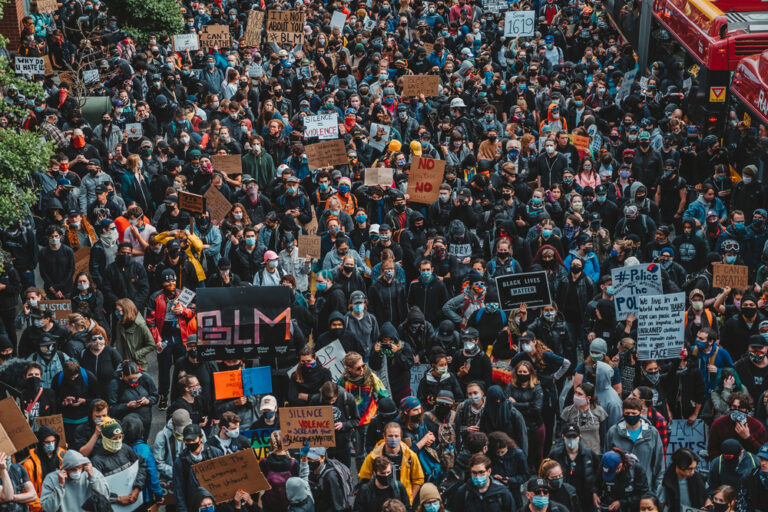
Yubico’s John Gilbert on how hardware authentication keys can help protect vulnerable populations, and secure human rights.

Jacqueline Prawira is a high school senior with a passion for science and sustainable development. In this podcast, Jacqueline talks about developing Cyclo.Plas 2, a renewable alternative to plastic made from upcycled fish scale waste components.
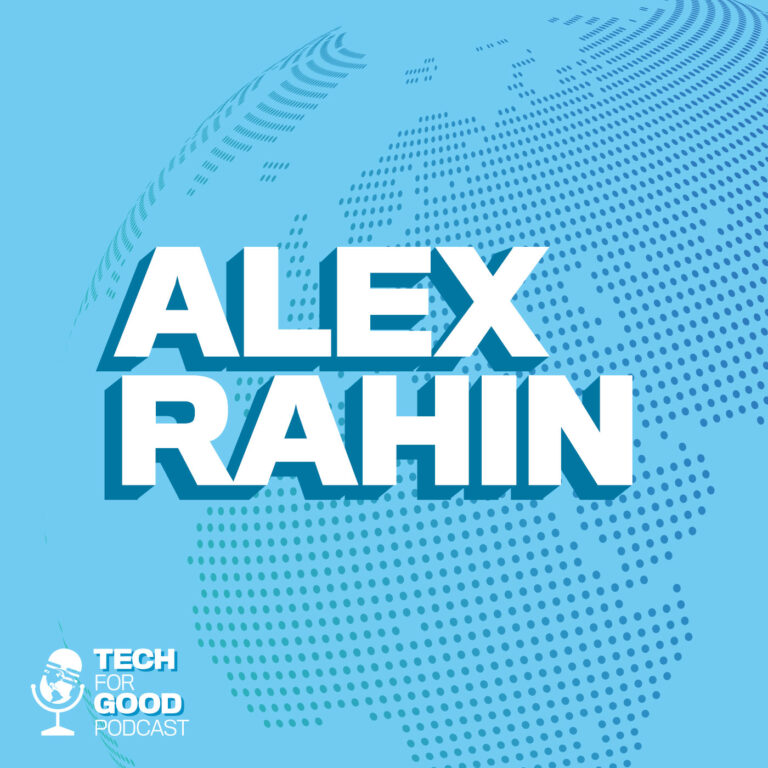
Alex Rahin is the Chief Product and Technology Officer at Cervest, a startup that uses AI to help businesses protect their assets from the risks and effects of climate change. He discusses the climate emergency knowledge gap and Cervest’s ambitious goals.

Generative AI and IoT are transforming water efficiency in farming, helping farmers save resources, cut costs, and grow better crops despite climate-driven drought conditions.
Jim Hietala of The Open Group explains how AI, paired with data standardisation, enables accurate emissions tracking—vital for organisations striving toward a net-zero future.

AI transforms education, offering personalised learning. Yet, misuse threatens integrity. Educators must foster AI literacy, design resilient assignments, and prioritise ethical usage.

Teachers face a unique challenge: mastering AI to teach it. Ethical considerations, data concerns, and personal apprehensions complicate integrating this powerful tool into education.

Ash Gawthorp, Chief Academy Officer at Ten10, explores how AI is transforming education—bridging learning gaps, fostering inclusivity, and aligning skills with industry needs for a future-ready workforce.

Lauren Birch, Talent and Skills Lead at Turing Innovation Catalyst Manchester, explores AI’s role beyond tech. Discover how AI skills drive innovation across industries.

Chris Black, CMO of Vizrt, explores AI’s dual role in live production—boosting efficiency while posing disinformation risks—and highlights solutions like C2PA for content authenticity.

Discover how businesses can mitigate AI’s environmental impact through energy-efficient models, sustainable data centres, circular economy strategies, and AI-driven sustainability solutions.

EcoOnline’s David Picton on how businesses can successfully negotiate the trade-offs between the promises of AI and their progress towards net zero.

Sapio Sciences CEO predicts key advancements in diagnostics, mental health, and physician support

Explore the cultural shift in tech brand experiences, focusing on how innovation shapes society, influences marketing, and emphasises ethical practices, trust, and cultural awareness for success.

AI’s exponential growth fuels soaring data center demand, straining power grids and ecosystems. Sustainable infrastructure and circular economy solutions can mitigate AI’s environmental impact while benefiting local communities.

Seizo Onoe of International Telecommunication Union explores how AI-powered agriculture can boost food security, optimise farming, and support sustainability—helping to feed a growing global population.

Dr Elinor Carmi, co-director of a new MSc in Data, Policy & Social Justice at City St George’s, University of London, on educating critical thinkers as policymakers of the future.

Alicia Staley, Chief Patient Officer at Medidata, highlights the need for diversity in clinical trials, exploring how AI and patient-centred technology improve accessibility and inclusivity.

Antony Paul, Global Product Head at Quadient, explores how effective communication and automation can help councils build trust and successfully implement smart city initiatives.

With rising data center demands, balancing energy efficiency and performance is crucial. AI offers a transformative solution, revolutionising how we optimise resources.

Dmitry Borodin, Head of Decision Analytics at Creditinfo, explores how AI and alternative data are transforming financial inclusion, helping underserved groups access credit and economic opportunities.

AI is revolutionising disaster response, from predictive analytics preventing crises to real-time data aiding relief efforts. Ethical AI solutions empower nonprofits, ensuring technology serves global humanitarian needs.

AI has the power to transform education, easing teachers’ workloads while enhancing learning. But trust, transparency, and public confidence are key to its success.

As AI reshapes industries, its impact on mental health is profound. While it disrupts jobs, it also fosters new opportunities. Human creativity remains irreplaceable.

Robust data management is crucial for disaster response. Accurate, real-time data enables swift decisions, preventing misallocated resources and delays that could cost lives.

AI can generate technically perfect images, but it lacks the human intuition, empathy, and connection that capture true emotion. Photography’s power lies in storytelling, not algorithms.

AI is revolutionising online content moderation by automating the detection of harmful materials like violence and abuse, while working alongside human moderators to ensure safety and compliance.